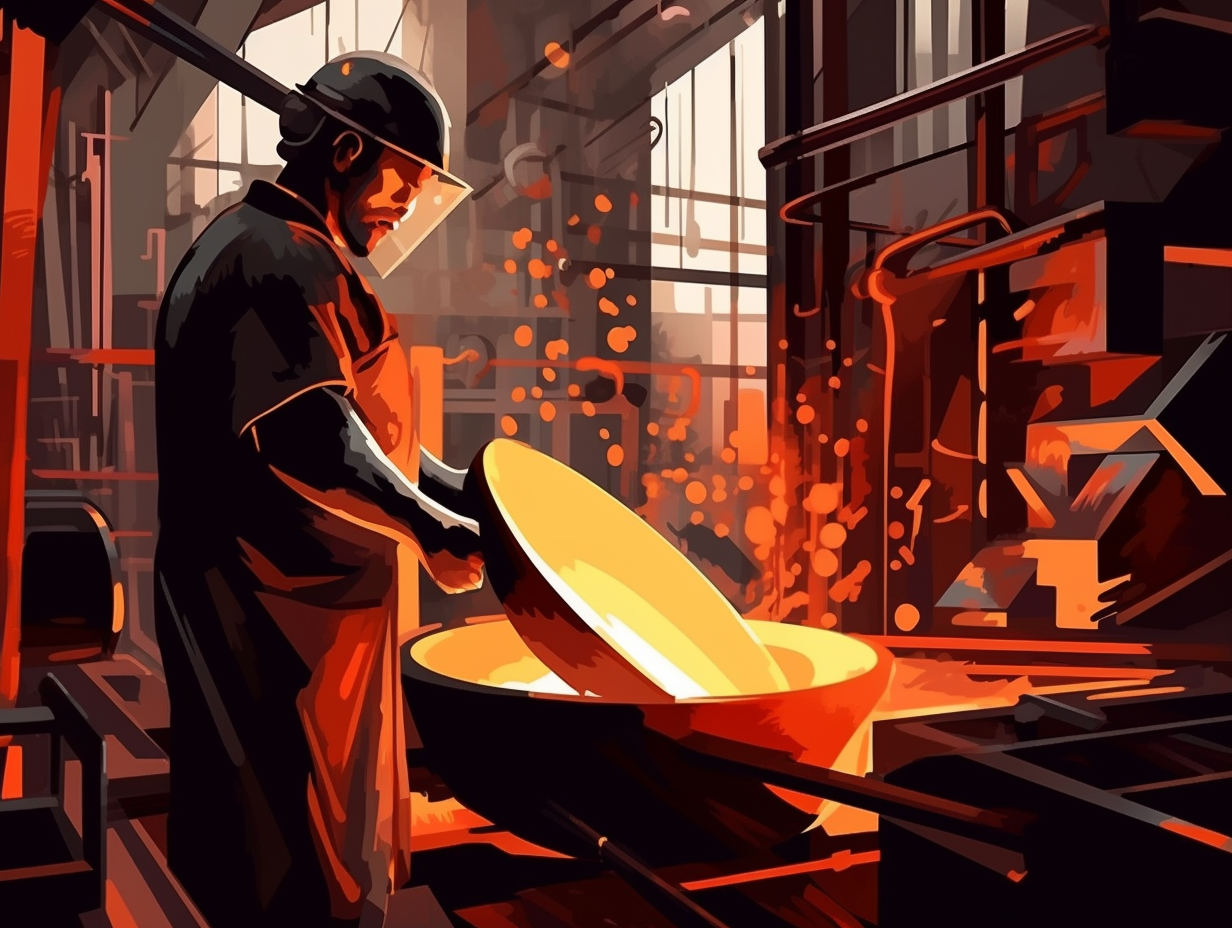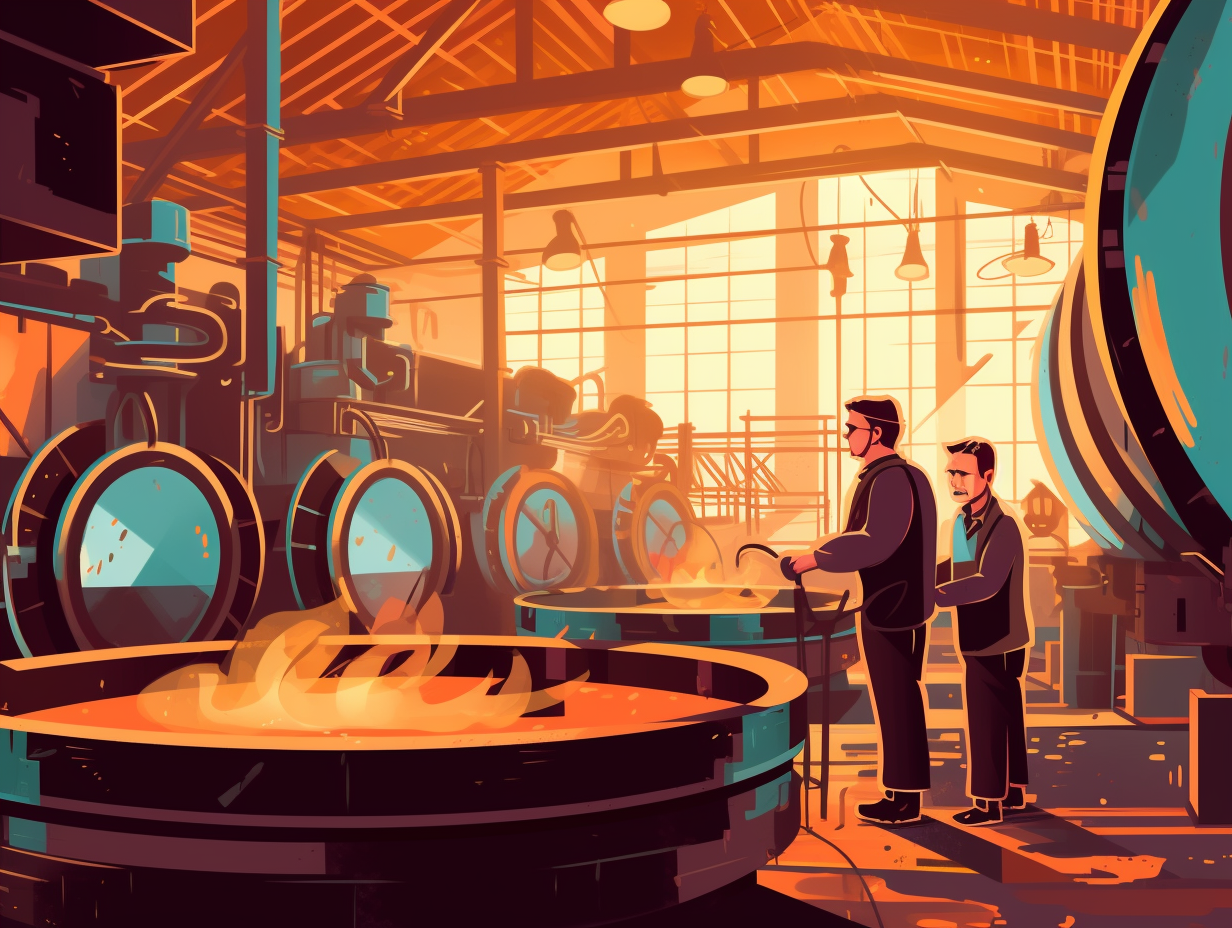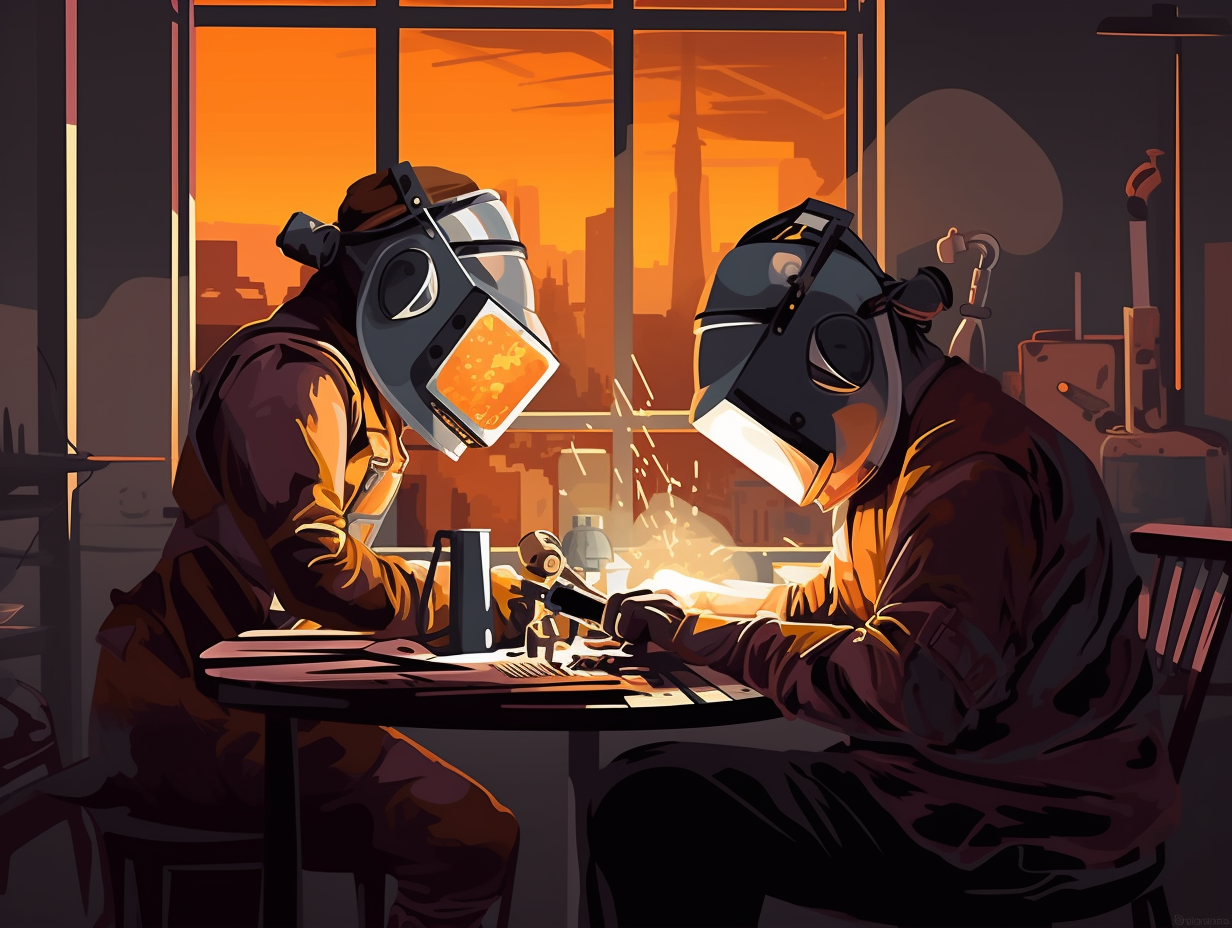Discover 12 Fascinating and Unusual Plumbing Fun Facts You Never Knew!
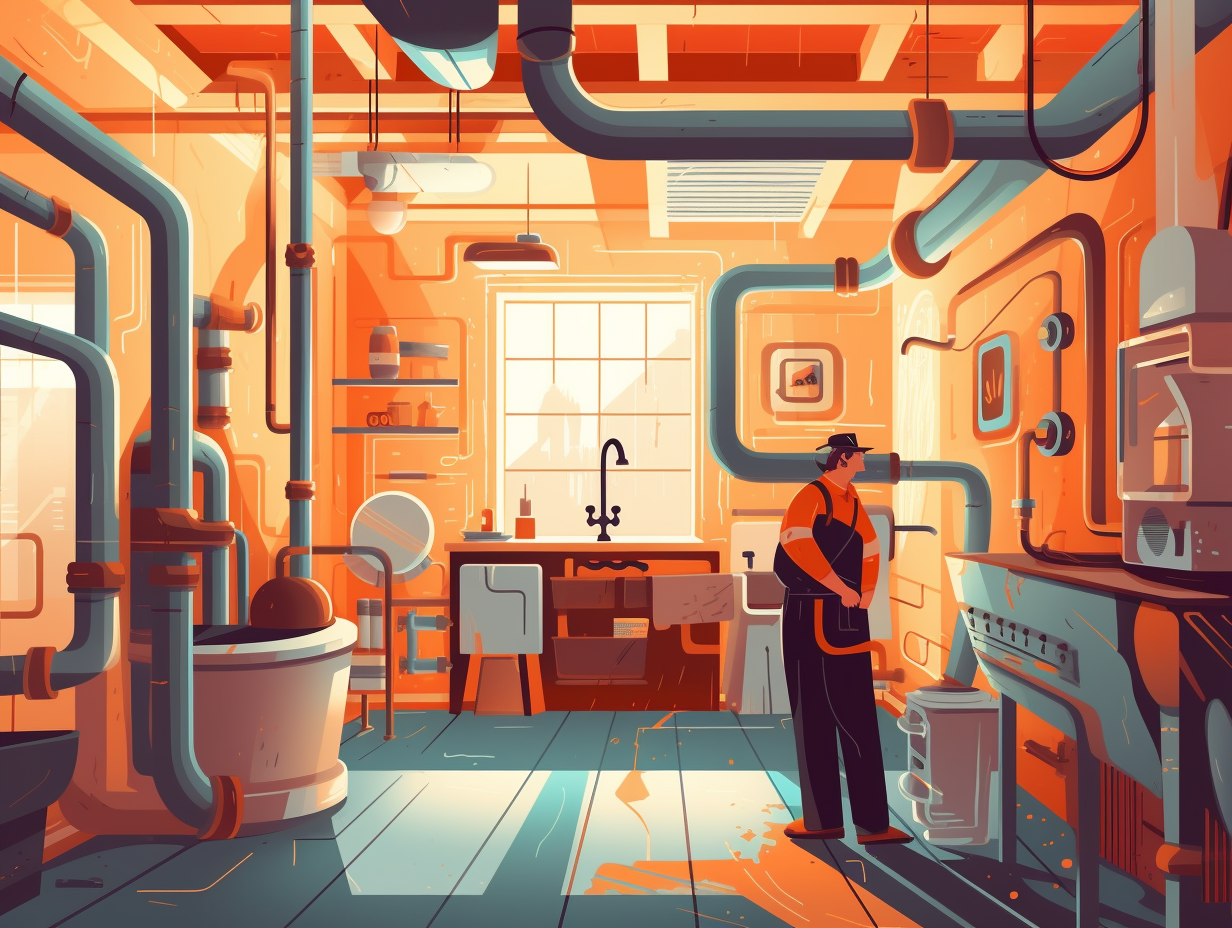
1. Pharaoh's Plumbing
If the Pharaoh could swipe right on Tinder, he'd find some pretty impressive pipes in the King’s chamber: Ancient Egyptians not only had advanced drainage systems in their pyramids and temples, but also lavatories in tombs, complete with stone basins and metal fittings.
Source => plumbingsupply.com
2. Roman Sea Sponge Wipe
Who needs Charmin Ultra Soft when you've got sea sponges on a stick? The ancient Romans were all about "communal" when it came to their bathroom habits: Public latrines bared it all - from the colosseum to forts, welcoming the wealthy hindquarters and plebeian cheeks alike. Wiping? Sink your glutes into the fact that their go-to solution was a sea sponge on a stick, dipped in a bucket of water and salt or vinegar, often shared among fellow potty-goers. But beware; this picturesque bonding experience also moonlighted as a bacteria-ridden disease-spreading rendezvous!
Source => en.wikipedia.org
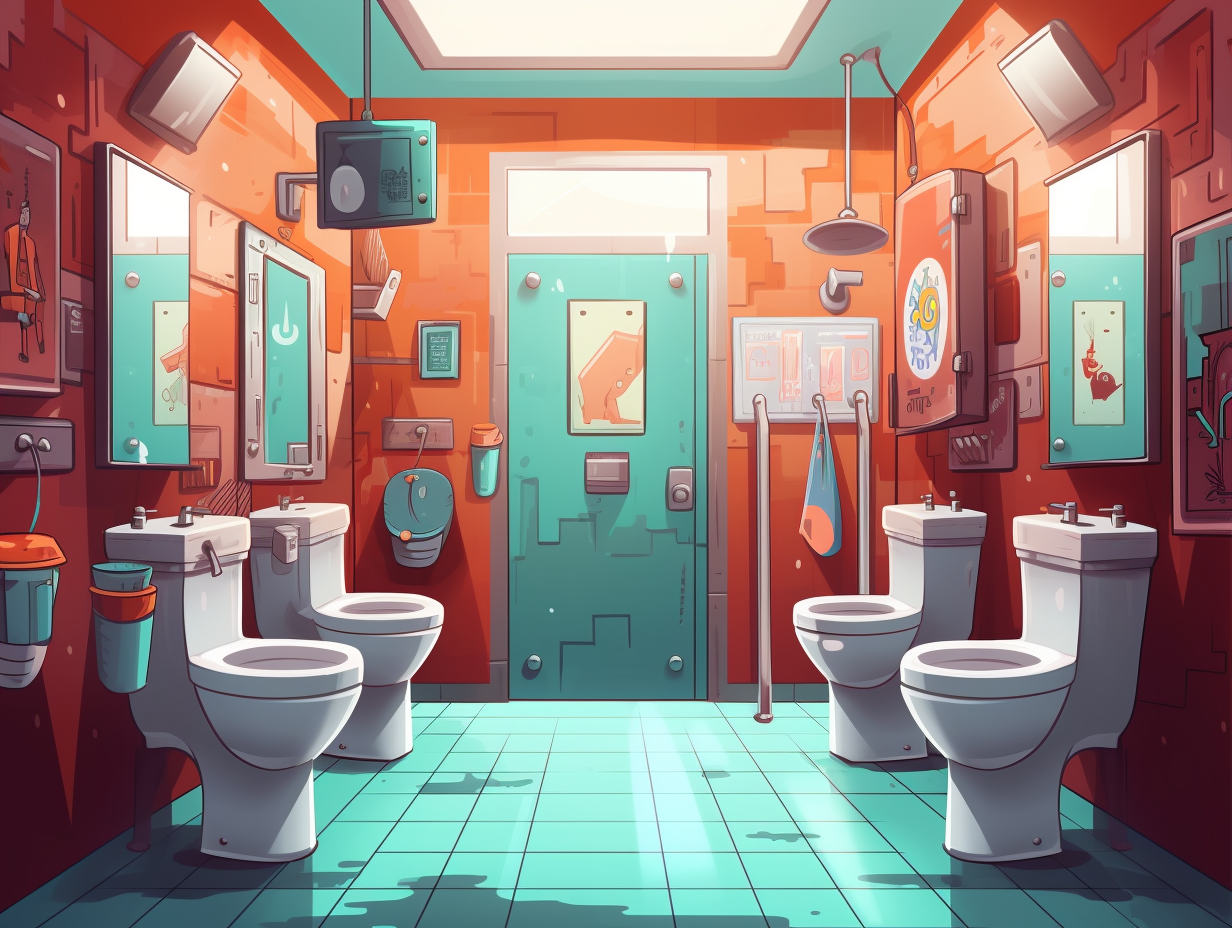
Did you know ancient Romans used communal sponges on sticks instead of toilet paper? Discover this and more quirky pottery facts!
=> Fun Facts about Toilets
3. Genghis Khan's Secret Tomb
Playing a real-life game of "Where's Waldo?": The tomb of Genghis Khan remains a mystery, potentially hidden within the sacred mountain Burkhan Khaldun in Mongolia. Despite ongoing searches, locals honor his final wish for secrecy and keep the actual location under wraps.
Source => bbc.com
4. Groundwater's Toxic Personality
You might say that groundwater's got a bit of a "toxic personality" – always flirting with dangerous chemicals and bacteria that no one would ever dream of dating: In actuality, it's susceptible to contamination from various sources like agricultural runoff and industrial processes, which introduce both organic and inorganic substances along with biological agents. So, raise a glass next time you turn on the tap and toast to protecting this vulnerable resource, as it plays an integral role in our everyday lives.
Source => opengeology.org
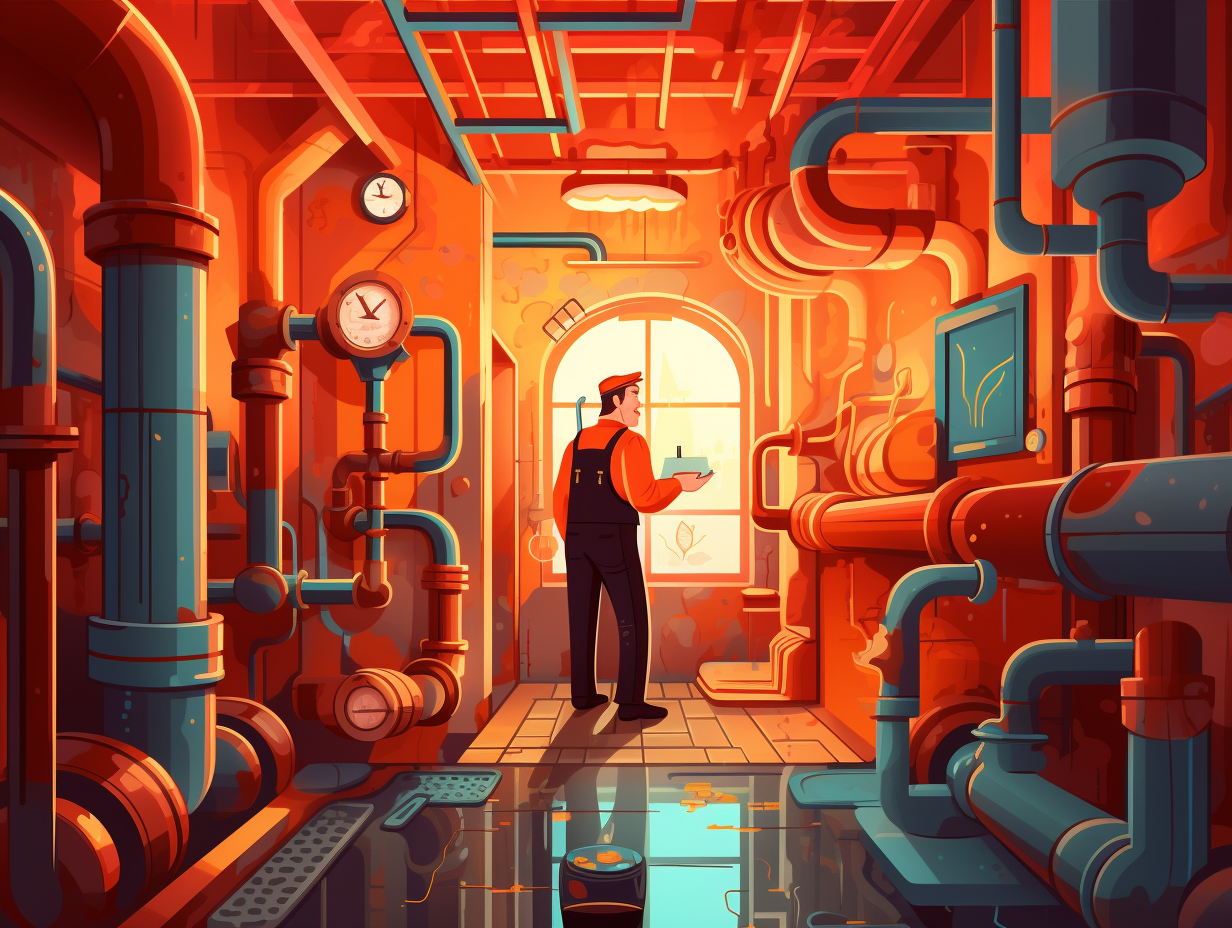
5. Thomas Crapper's Misconception
Hold on to your plungers and stifle your chuckles, folks, for a bit of lavatory lore is about to be unclogged: the term "crap" did not originate from the illustrious Thomas Crapper, despite his contributions to plumbing with patenting improvements to the S-bend trap and inventing the U-bend trap – as a matter of fact, "crap" was already in use for waste or rejected matter before our dear Mr. Crapper was even a twinkle in his parents' eyes.
Source => en.wikipedia.org
6. White House Plumbing Evolution
From Presidential toilet water to a bathroom in the East Wing, the White House plumbing system sure knows how to keep up with the times and take care of business: What initially began as a rudimentary cistern system installed by Thomas Jefferson in the attic to serve two water closets, the plumbing in the White House saw numerous updates ranging from iron pipes to a bathing room, thanks to John Quincy Adams and Andrew Jackson. And by 1853, the entire Second Floor was pampered with central plumbing and hot and cold water taps, eventually leading to a luxurious 2,000-gallon tank inclusion in the attic in 1876.
Source => whitehousehistory.org
7. World Toilet Day
Who said the throne was just for kings and queens? No, no, it's not Game of Thrones we're talking about: 892 million people around the world continue to practice open defecation due to lack of access to a safely managed toilet, leading to the spread of diarrheal diseases and almost 1,000 daily child fatalities. But raise your scepter (or plunger) on November 19th, World Toilet Day, and help spread awareness about sustainable sanitation practices, hygiene, and safe water supply to save more than 350,000 young lives each year.
Source => cdc.gov
8. Sewer Gods and Goddesses
When you've quite literally got a crappy job, it's handy to have a divine patron watching over you: In ancient Rome, Cloacina, the goddess of sewers, protected the city's largest sewer system from unfortunate blockages, while the early Christians revered Stercutius, the enigmatic god of excrement, who held significance for Roman farmers fertilizing their crops.
Source => en.wikipedia.org
9. Einstein's Plumber Mindset
Did you know that Albert Einstein had a plumber's mindset? Not that he fixed leaky faucets or unclogged drains, but he sure knew a thing or two about handling pressure and keeping things flowing: In the 1950s, during the McCarthy era, Einstein wrote a letter to a teacher accused of disloyalty for promoting intercultural understanding, advising him to refuse to testify and potentially sacrifice his job for the cultural welfare of the country – a stance that earned Einstein disapproval from Senator McCarthy and some citizens but cemented his role as an advocate for democracy and freedom of speech.
Source => ias.edu
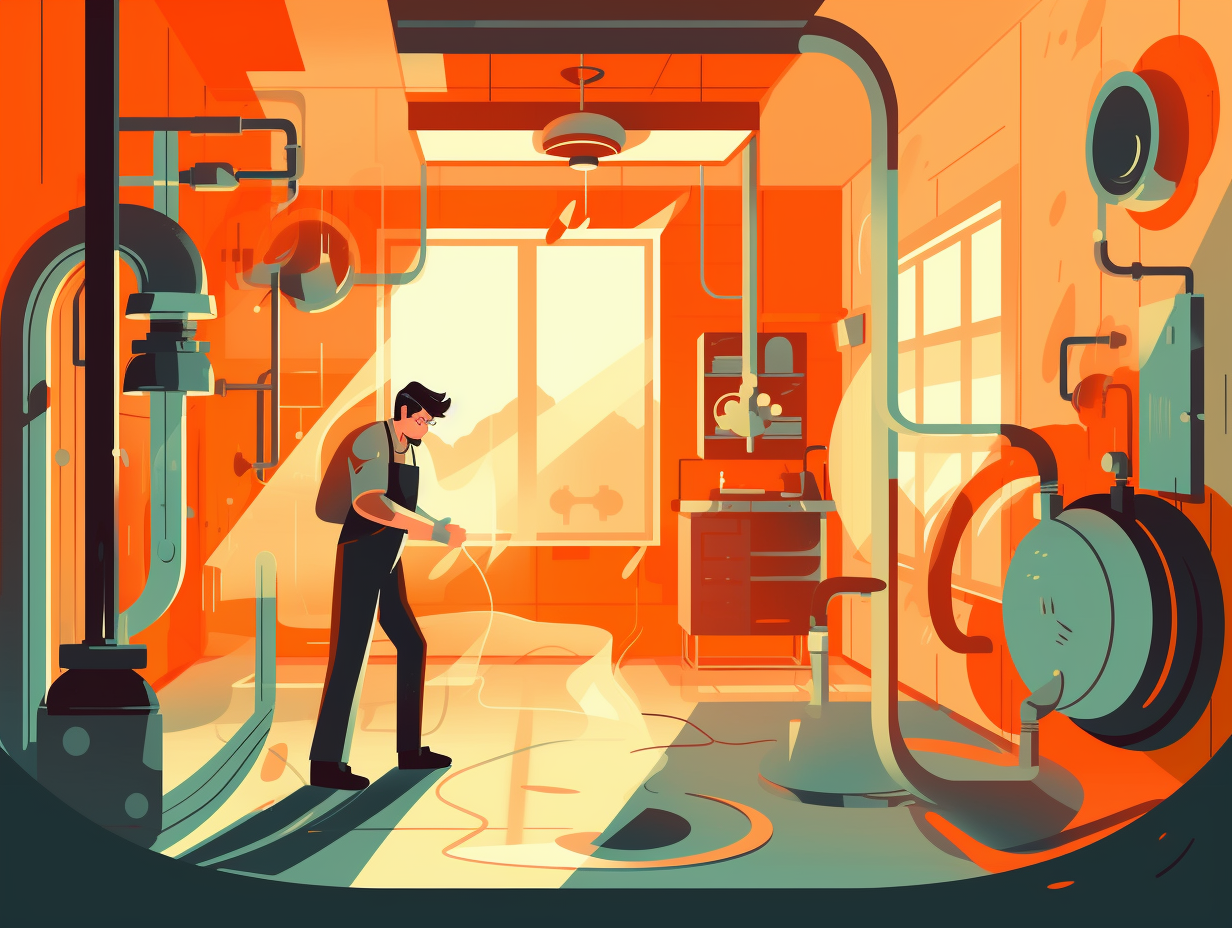
10. Royal Bathroom Attendant
Talk about a royal flush: In the 1500s and 1700s, the Groom of the Stool—a highly coveted position responsible for attending to the king's most intimate tasks—held significant influence over the monarch, often privy to political and personal secrets. In fact, Sir Anthony Denny, one such groom, wielded King Henry VIII's stamp as an official signature for documents.
Source => atlasobscura.com
11. Titanic's Turkish Bath
While guests on the Titanic enjoyed the steamy pleasures of a Turkish bath, little did they know that in a few hours, they'd be getting the world's iciest plunge: Titanic's first-class passengers were treated to the opulence of Turkish baths, featuring hot and cold rooms, a steam room, and two shampoo rooms for massages. Available only during certain hours and segregated by gender, this steamy delight was, however, an exclusive and paid indulgence that couldn't keep the ship afloat amidst its chilling disaster.
Source => en.wikipedia.org
12. Indus Valley Civilization's Plumbing
Long before Mario and Luigi, another civilization was busy unclogging pipes and taking care of business: The Indus River Valley Civilization (circa 3300-1300 BCE) boasted advanced urban planning, complete with efficient wastewater drainage, trash collection systems, public baths, and grain storage—eclipsing even many modern-day plumbing marvels in Pakistan and India!
Source => khanacademy.org
Related Fun Facts






